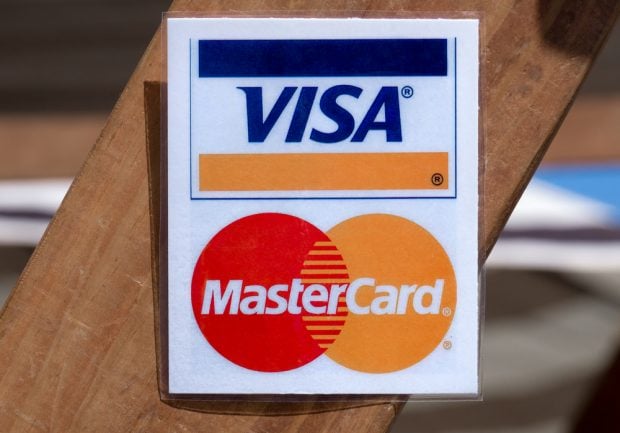Visa and MasterCard may have won a major victory in thesettlement of a class-action suit alleging that the credit card giants had beenfixing prices by manipulating credit card swipe fees, but theresults have raised concerns among merchants and some financialinstitutions.
|The suit against Visa, based in Foster City, Calif., andMasterCard, based in Purchase, N.Y., worth $7.25 billion in July2013 was settled on Friday for $5.7 billion in a Brooklyn, N.Y.,federal court. The reduction in damages in August was due to some8,000 merchants dropping out of the class action suit.
|Despite some relief over the end of the seven-year suit,retailers have expressed concern that factors within U.S. DistrictJudge John Gleeson's decision could lead to future problems of thesame nature. The National Retail Federation already has said that it will appealthe decision, noting that swipe fees cost merchants and consumers$30 billion per year and have tripled over the past decade.
|“We are very disappointed that this deeply flawed settlement hasbeen approved,” said Mallory Duncan, the federation's generalcounsel. “It is not supported by the retail industry and would donothing to reduce swipe fees or keep them from rising in thefuture.”
|Credit unions are not parties to the settlement, but will beaffected by its terms when and if the final settlement takeseffect, according to Mary Dunn, deputy general counsel for CUNA.The settlement calls for a temporary reduction in interchange fees,which likely would result in a reduction in credit card fee incomefor credit unions.
|“We were initially hopeful that the settlement would resolvedisputes between merchants and MasterCard and Visa relating to feesthe merchants are charged for credit card transactions and howthose fees are set,” said Dunn. “But these issues may be unresolvedfor quite some time as the NRF and individual retailers, includingsome of the biggest, have already filed a notices of appeal.”
|NAFCU, too, has expressed its concern over the settlement,citing the need for greater consumer savings, which had beenpromised, and promising to watch closely for any negative impactson credit unions and their members.
|“NAFCU will work to ensure that there is no card discriminationbased on the issuing institution,” said Carrie Hunt, that tradegroup's general counsel. “We'll also watch for any chilling effectthe new powers granted to merchants may have on credit cards ingeneral.”
Complete your profile to continue reading and get FREE access to CUTimes.com, part of your ALM digital membership.
Your access to unlimited CUTimes.com content isn’t changing.
Once you are an ALM digital member, you’ll receive:
- Critical CUTimes.com information including comprehensive product and service provider listings via the Marketplace Directory, CU Careers, resources from industry leaders, webcasts, and breaking news, analysis and more with our informative Newsletters.
- Exclusive discounts on ALM and CU Times events.
- Access to other award-winning ALM websites including Law.com and GlobeSt.com.
Already have an account? Sign In
© 2024 ALM Global, LLC, All Rights Reserved. Request academic re-use from www.copyright.com. All other uses, submit a request to [email protected]. For more information visit Asset & Logo Licensing.









